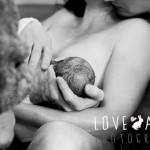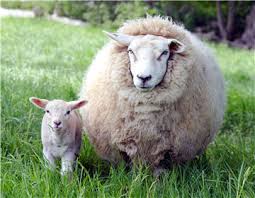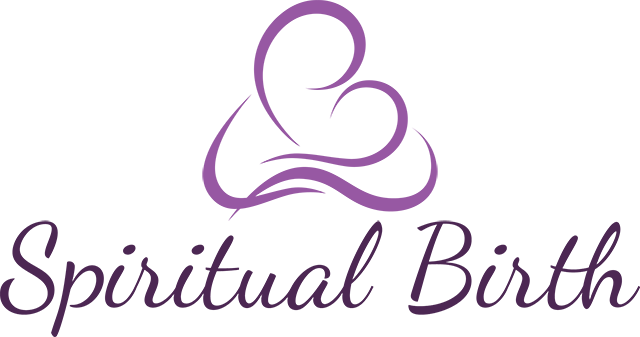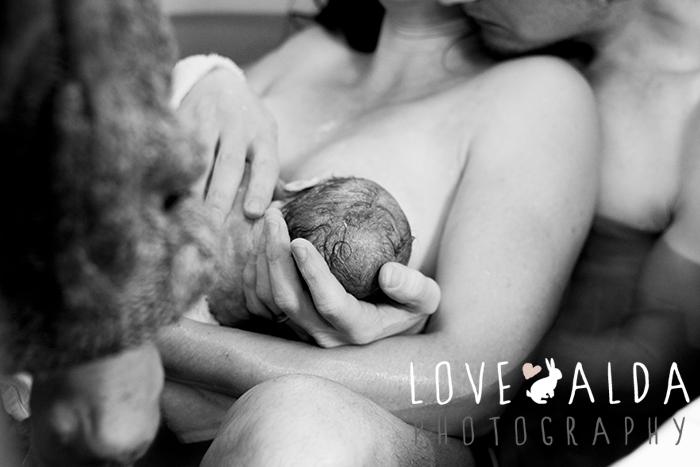“There still remains the mysterious exception of birth pain.”
Eugene Marais was an Afrikaans (South African) genius and scientist, lawyer and poet. He spent years in the African wilderness observing termites or white ants, baboons and other animals and made a significant observation about the pain of childbirth.

It is not the same kind of pain as the pain of injury or what he calls protective pain.The above quote about birth pain is from the book written by Eugene Marais called The Soul of the White Ant.
Eugene Marais explained that instinctive actions require a specific stimulus that operates as a key to unlock the next instinctive behaviour patterns. For instance the key to sexual activity and mating in the white ant (termite) is flight. When the next Queen termite is mature she and her male consort must make their first and only flight before their mating can be consummated. After mating, the Queen removes her wings so that she can breed in the centre of her nest and raise the next generation of termite ants.
Birth pain is the key that unlocks the next stage of development in the human being and in primates as well as mammals and other animals. He says “In exactly the same way we find that birth pain is the key which unlocks the doors to mother love, in all animals from the termite queen to the whale. Where pain is negligible mother love and care are feeble. Where pain is absent, there is absolutely no mother love.” Is this perhaps the reason that so many mothers struggle with depression and feelings of disconnection towards their babies after an epidural for pain relief during childbirth or spinal anaesthetic for caesarian section?
Eugene believed that mother love followed on from the experience of pain during labour and birth and that the pain was the key to the protective and bonding behaviour of the mother towards her offspring. A large number of experiments dispelled all doubt according to Eugene. He used a herd of sixty half wild buck that for the previous fifteen years had always bonded well with their offspring. In his own words:

” 1. Six cases of birth during full anaesthesia of the mother induced by chloroform and ether; unconsciousness in no case lasted for more than twenty-five minutes after delivery. In all six cases the mother refused to accept the lamb of her own volition.”
The point made here is that when mothers are anaesthetized during labour, the key to bonding with their babies is not activated and in this (first) group of wild buck, birth is followed by rejection of their babies. In humans we have a strong social culture, which demands that mothers take care of their babies, regardless of their feelings towards their babies. Today where medicalized birth takes precedence, labour and birth processes are routinely interfered with. Is this perhaps the reason why mothers struggle with feelings of ambivalence towards their offspring, why postnatal depression is so prevalent in industrial Westernized culture?
Dr Sarah Buckley explains the effects of epidurals on the hormones released during labour and how a cascade of effects can interfere with the release of endorphins and oxytocin during labour and birth. Anesthetics used in Epidurals also have an impact on the alertness of the baby after birth and this may affect the breastfeeding relationship between mother and baby. Many other side effects are listed in Dr Buckley’s article and it is important for mothers to be properly informed before accepting an epidural anaesthetic for pain relief during labour and birth.
In my experience, mothers do very well during labour without anaesthetic pain relief, when they are in the presence of a loving and knowledgeable maternal presence, as in, a calm experienced midwife. Women in labour are also helped when they attend birth preparation classes such as hypnobirthing or any skillfull birth preparation class. Gentle massage, warmth, immersion in warm water and semi-darkness are all effective ways to ameliorate the pain of labour. Eugene Marais did not then know about oxytocin or endorphins and how important they would be discovered to be in the birth and parenting journey. Little did he comprehend how spot on his observations would be in the light of the Dr Sarah Buckley’s review of the latest research.

Eugene Marais himself made this point ” From these and other experiments I became convinced that without pain there can be no mother love in nature, and this pain must actually be experienced psychologically. It is not sufficient for the body to experience it physiologically. Mother love is a psychological complex, therefore the key which makes it function must be a psychological one, analogous to the psychological impression of flight in the case of the termite.”


I think the issue is that giving pain relieving drugs or epidurals, interferes with the mother’s ability to make oxytocin, the “mother love” hormone. Virgin female rats were given an injection of oxytocin into their brains, and were then given newborn baby rats. They started licking them and accepted them as if they were there own.
I’m not sure that any women experience absolutely no pain at all (though it differs from mother to mother). But their bodies make endorphines (which help with pain) and in the bliss that follows an unmedicated childbirth, it is possible that they forget any pain they had as they are flooded with oxytocin and start to fall in love with the newborn in their arms.
I think the points made are valid, but I have asked myself questions about this. How does this information apply to women who experience painless birth? Why should we try to reduce a woman’s pain in childbirth if more pain results in more love?